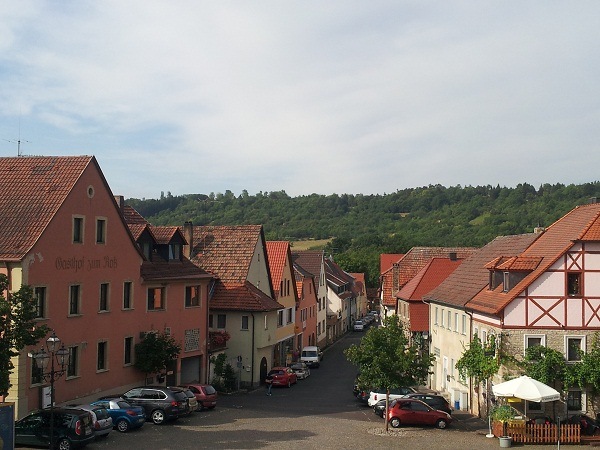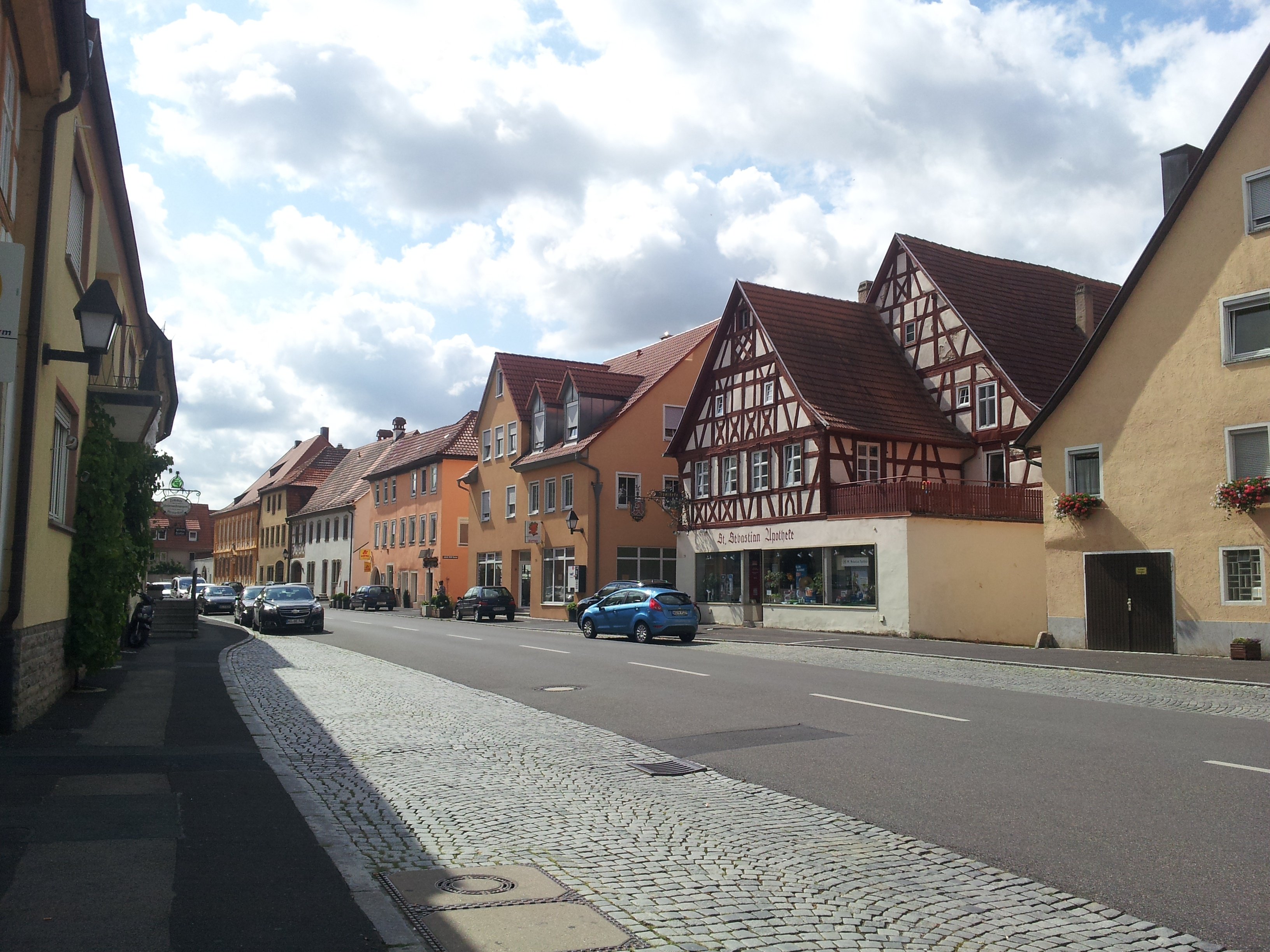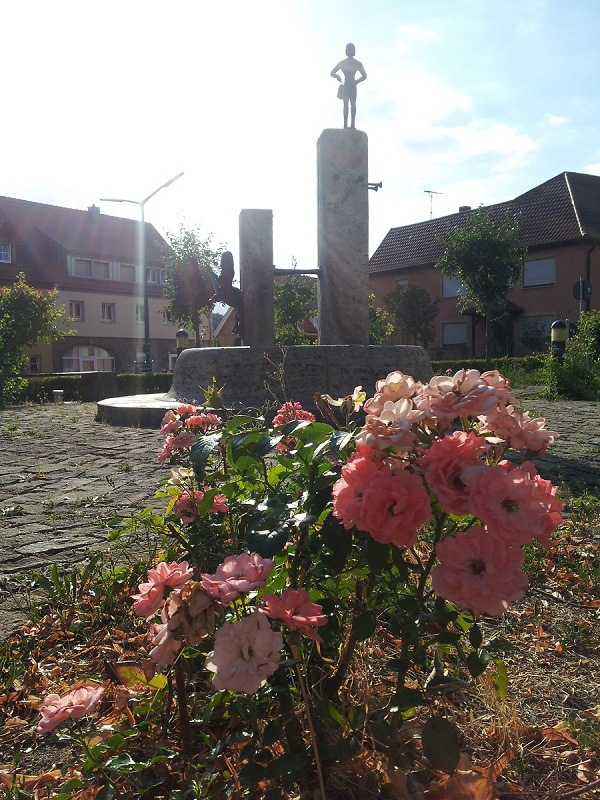How To Get Fast Internet In Rural Areas
When people imagine rural areas, they think farms, cute cottages, and a laid back lifestyle.
While these are mostly true, rural areas around the world have plenty of benefits that some folks fail to acknowledge. Whenever the topic of moving or living there arises, they would usually worry about education, healthcare, and culture. This is especially true for those who want to start a family.
Millennials, in particular, have been known to move away from rural areas to urban landscapes. This exodus is mainly driven by the need for further education, employment opportunities, and personal motivations (i.e. live a dynamic, fast-paced lifestyle like their peers).
But lately, it seems the young generation is on the move again – this time, towards the suburban and rural areas.
Why the change of heart?
Benefits of Living/Working In Rural Areas
Did you know that 90 percent of the United States land mass is made up of rural and suburban areas?
According to U.S. Census Bureau, rural areas are those that "encompass all population, housing, and territory not included within an urban area."
Technically, anything that's NOT urban (i.e. open spaces, forests, farmlands, areas with less than 2,500 residents) is rural. But it's not a perfect definition. However, two main factors affect an area's definition of being 'rural': commute and housing density. This definition could also vary in other parts of the world.
As a millennial who was born and raised in the bustling city, living with my mother in Eibelstadt was a huge change. Although they're not exactly rural, they are a small town of roughly 3,000 residents (as of December 2015).

One of the first things I noticed was that there is more of the older generation than younger ones (especially those my age). Buildings and houses dated as far back as the 16th century (which is awesome). Nights were definitely quieter, and people more or less knew one another. They would smile or wave hello whenever we passed each other in the streets.
The best part, though, is the small local businesses. From furniture shops, boutiques, apothecaries, to little grocery shops, it feels like stepping back to a time when living was simple and money wasn't a big issue. The very low crime rate made me feel safe to take evening walks alone or with the family dog.
But it's not just me who thinks rural areas could be great places to work or settle in.
1. Rural areas provide fewer distractions.
Several researches have pointed to the benefits of being so close to greenery, peace, and quiet. One of the best things about living in smaller towns is that there are fewer things that need to occupy your time – and mind.
One research shows how crowded streets (which are a common sight in urban landscapes) affect memory retention. With so many stimuli (e.g. speeding cars, people walking, stereos blasting, etc.), our brains can only focus on it for a limited amount of time until it needs to process another set of information.
But in rural settings, you'll be able to focus on ONE thing at a time. This keeps you productive. There's also the benefit of silence. According to a 2013 study, silence can help the brain generate new neurons. During silence, it's also a time when your brain can analyze its internal and external surroundings.
2. You can experience better work/life balance in rural areas.
In one study, it was found that people who lived near green regions had lower rates of psychological disorders, compared to their urban counterparts. Participants of the study also reported relief from sadness and depression.
The more things you think or worry about, the more stressed you feel. Who can focus on relaxing when you're still worried about that email or a call from your boss? Rural areas are perfect for trying to achieve the elusive work/life balance.
Feeling stressed? Just put on a coat and stroll your worries away. Need to be productive? Choose a quiet spot in your home and get to work. Craving for some alone time? A hike in the woods or mountain should replenish your soul. Interested in a little socializing? Just visit local bars or a community center to meet someone new.
Surprisingly, the slower pace of life in small towns can help you reconnect with what matters most.
3. Lower cost of living.
Don't be fooled: just because Eibelstadt boasts of only 3,000 people, it doesn't mean that they're not thriving. Contrary to what many believe, these beautiful communities contain flourishing businesses that include furniture makers, crafts masters, wine experts, boutique hotels, salons, and architecture firms.

In Eibelstadt's case, it was thanks to their prosperous wine businesses that lured tourists far and wide for a visit, particularly during the summer. This, along with the town's gorgeous sceneries, helped to make them a lucrative option for millennials like myself.
But unlike living in busy cities like Paris or Berlin, the cost of living in small towns is lower. Grocery shopping can be done easily from farmers' markets. Need new plates or some antique table cloths for your home? Try yard and garage sales, where a dollar can go a long way. If you love unique, arty items, look out for local artisans and their amazing crafts.
What Jobs Can You Get In Rural Areas?
These reasons are well and good – but NOT enough to convince people to go 'rural'.
After all, many amenities are few and far in between. For instance, my mother and I needed to drive a couple of miles twice a month for groceries. Although there was a store not far from our home, the big shops are located elsewhere. This taught us how to budget out time and resources though, so it wasn't that bad.
But perhaps the biggest hurdle for anyone who wants to live in rural areas is employment. What jobs can you get in the countryside? Are there even good jobs?
Lucky for us millennials, we were born in a time when technological advances were quickly being developed. These days, making passive income is the norm. Below are a couple of suggestions for jobs you can do if you decide to live in a rural area:
- Remote Work – even folks from cities opt for remote work. This gives you the freedom to work from anywhere while letting you earn a paycheck. You can be a consultant, web designer, developer, graphic artist, or writer. Try sites like Flex Jobs and Remote OK.io for a list of remote work options today.
- Arts and Crafts – are you good with your hands? Lots of artists, craftsmen, and hobbyists try their luck at selling their wares either locally or online. If you feel ready to expand your horizons, check out platforms like Etsy or Shopify.
- Gardening/Farming/Livestock – while this won't make you a billionaire in two years (or a decade even), it's a great way to feed yourself, your family, and your community.
If you already have a small farm of a few acres or so, you can begin with some vegetables and livestock. Then you can choose to expand from there. What better way to eat food than to know you grew it yourself? Plus, there are farmers' markets and restaurants that could be your loyal customers given the chance.

- Photography/Writing – this is similar to remote work. There are plenty of businesses in need of professional images and content. If you have the talent for it, you can promote your work online. You can also find employment in small local companies, such as local newspapers.
- Teaching/Consulting – for those who are thinking or moving to rural areas near their retirement, becoming a teacher or consultant is a great way to earn income while sharing your knowledge. Start profiling your future settlement for opportunities in these areas.
Are they in need of your kind of skills and work experience? What are the requirements? Who would be your potential students or clients?
As most work these days need a bit of computer literacy, it's wise to invest in courses if you're not so tech-savvy. Visit your community center to inquire about classes.
Ready for Rural Living?
Okay, so maybe not – yet.
But imagine waking up to just the right rays of sunlight through your open window. The birds and bees outside your garden, beckoning you to join them. I personally love taking in the silence first thing in the morning, with a strong cup of coffee.
Rural areas, like cities and the suburbans, have their pros and cons. Ultimately, it's up to YOU to decide where you'd work and settle in.
Featured photo credit: Ana Madeleine Uribe/Pexels.com via pexels.com
How To Get Fast Internet In Rural Areas
Source: https://www.lifehack.org/503901/why-would-anyone-want-work-rural-areas
Posted by: hixthavite.blogspot.com

0 Response to "How To Get Fast Internet In Rural Areas"
Post a Comment